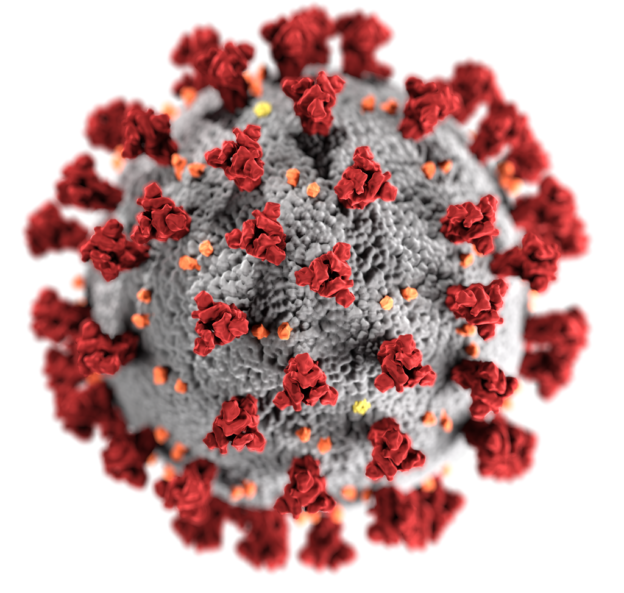In a recent article in the New York Times, (https://www.nytimes.com/interactive/2020/04/30/opinion/coronavirus-covid-vaccine.html)
Stuart Thompson provided sobering information regarding a proposed timetable to develop a COVID-19 vaccine. Although the most optimistic estimate provided by top health officials is to develop a vaccine in 12-18 months, typically vaccine development requires at least a decade.
Why does vaccine development take so long? A vaccine must be proven to be safe and effective to be approved for use by the FDA. Achieving these high standards can take a long time. The development of a vaccine begins with academic research. After lab studies, clinical studies with a few humans begins to evaluate toxicity. Phases II and III follow with increasing numbers of patients. Finally, a New Drug Application is submitted to the FDA for approval. After approval, pharmaceutical companies face other major challenges, including scale-up for manufacturing, often requiring building a new factory to accommodate specific needs for the vaccine. Also, distributing the vaccine to millions of people would be a logistical challenge.
Fortunately, developmental research on COVID-19 can be shortened due to previous research on coronaviruses. The timeline could be advanced by starting up manufacturing capability even before approval of the vaccine, which could entail great risk for a pharmaceutical company. Most of the vaccine development on COVID-19 uses the new DNA and mRNA vaccines which provide many advantages over older technologies, including inherently better safety and more rapid production.
The article makes it clear that while waiting for a vaccine, the best immediate hope would be for the development of effective treatments. A vigorous search is underway evaluating current therapies for other conditions to see if they could be safe and effective against COVID-19. As of this writing, The FDA has approved the emergency use of remdesivir for treatment of patients who require a ventilator. Clinical studies have shown that remdesivir can reduce the recovery time by four days and can also reduce the mortality rate. These studies are promising but indicate that the search for effective treatments is far from over.
I will discuss DNA and mRNA vaccines in future articles and how they can be useful against cancer.
